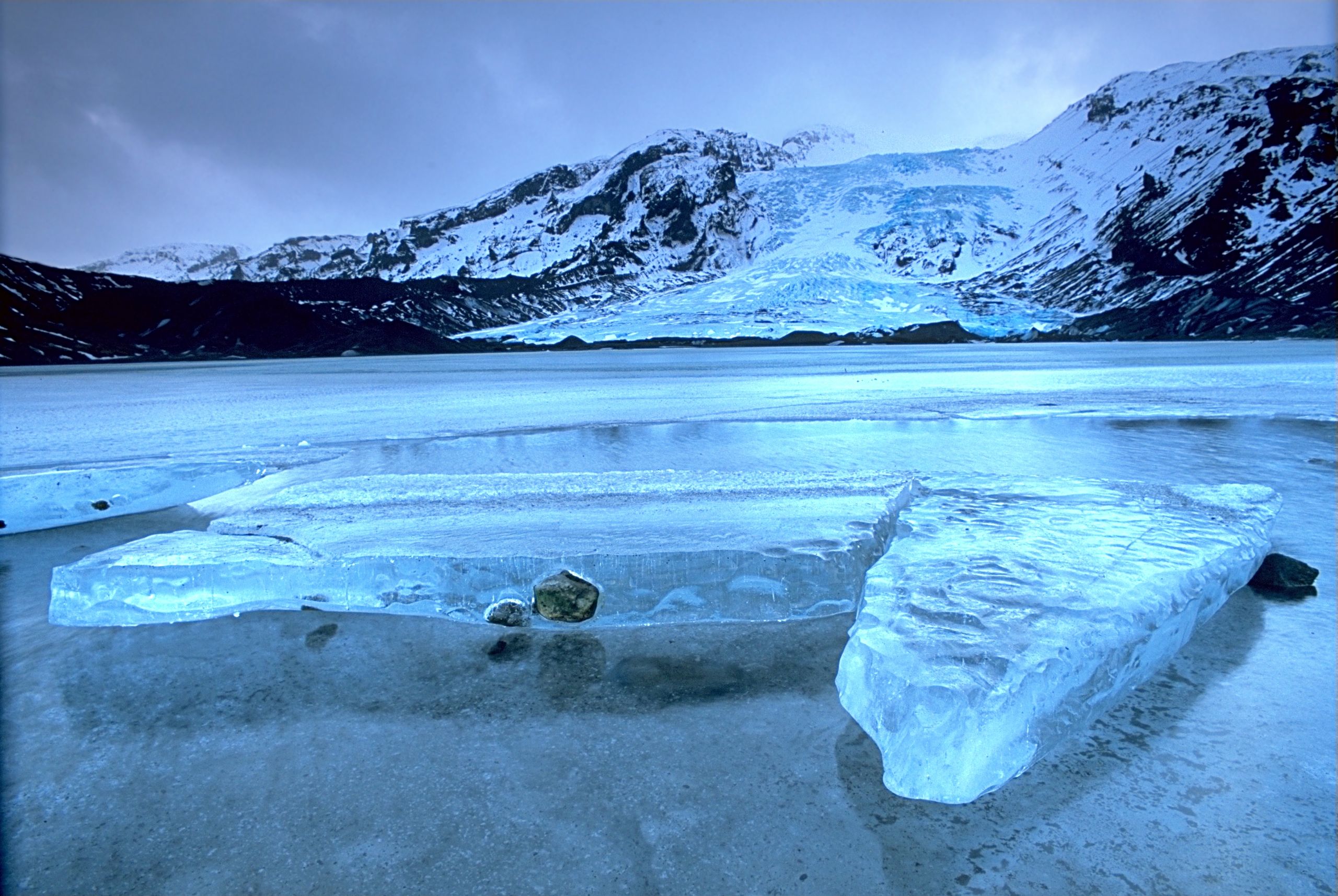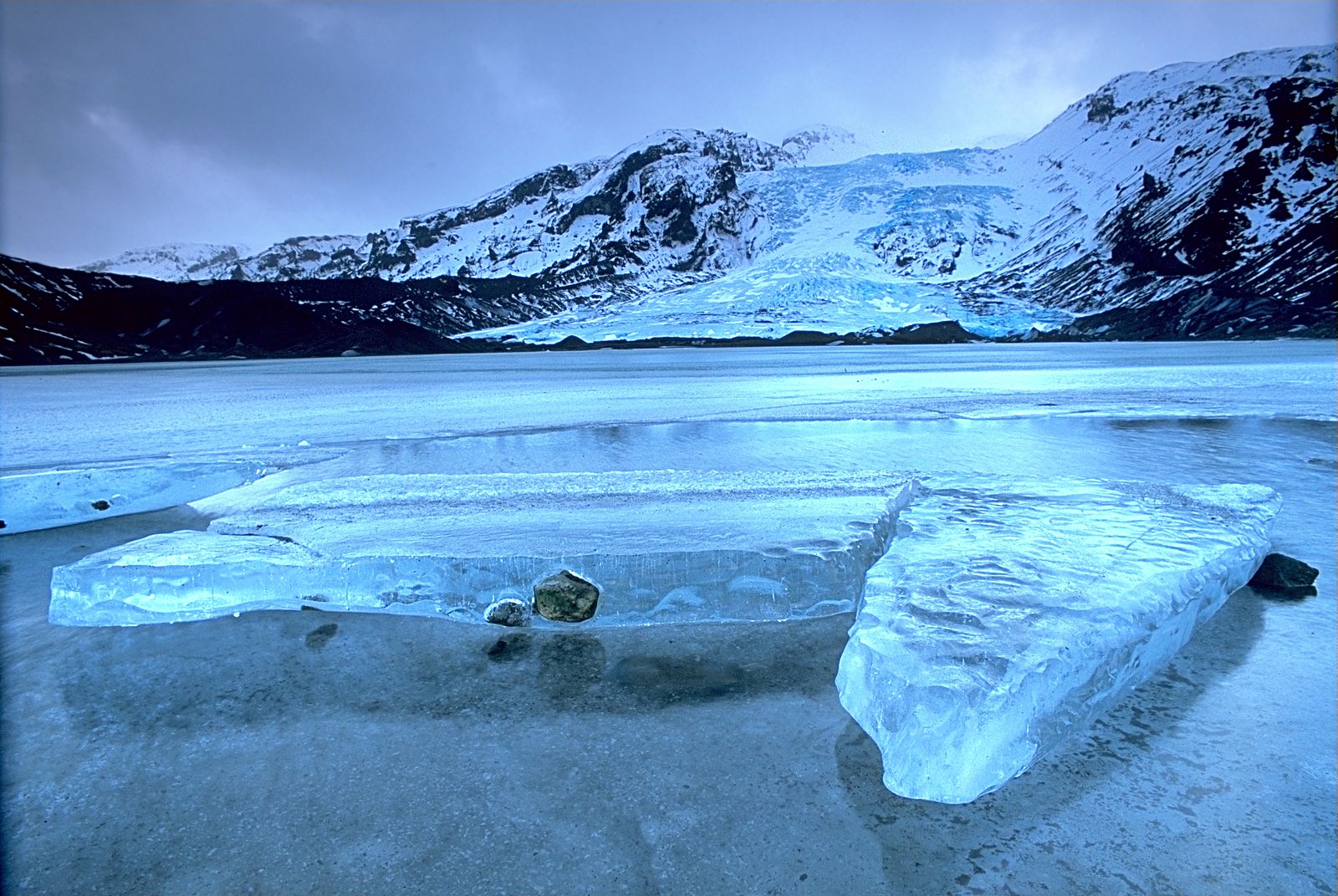Recently we posted a fascinating story about a legal ruling in Iceland that allowed parents to set aside centuries of Icelandic history by naming their girl “Blaer” — a traditionally male name. You see Iceland has an official organization — the Iceland Naming Committee — that regulates and decides if a given name is acceptable (by Icelandic standards).
Well, this got us thinking about rules and conventions in other nations. For instance, New Zealand will not allow parents to name a child “Pluto”, however “Number 16 Bus Shelter” and “Violence” recently got the thumbs up. Some misguided or innovative (depending upon your perspective) New Zealanders have unsuccessfully tried to name their offspring: “*” (yes, asterisk), “.” (period or full-stop), “V”, and “Emperor”.
Not to be outdone, a U.S. citizen recently legally changed his name to “In God” (first name) “We Trust” (last name). Humans are indeed a strange species.
From CNN:
Lucifer cannot be born in New Zealand.
And there’s no place for Christ or a Messiah either.
In New Zealand, parents have to run by the government any name they want to bestow on their baby.
And each year, there’s a bevy of unusual ones too bizarre to pass the taste test.
The country’s Registrar of Births, Deaths and Marriages shared that growing list with CNN on Wednesday.
Four words:
What were they thinking?
In the past 12 years, the agency had to turn down not one, not two, but six sets of parents who wanted to name their child “Lucifer.”
Also shot down were parents who wanted to grace their child with the name “Messiah.” That happened twice.
“Christ,” too, was rejected.
Specific rules
As the agency put it, acceptable names must not cause offense to a reasonable person, not be unreasonably long and should not resemble an official title and rank.
It’s no surprise then that the names nixed most often since 2001 are “Justice” (62 times) and “King” (31 times).
Some of the other entries scored points in the creativity department — but clearly didn’t take into account the lifetime of pain they’d bring.
“Mafia No Fear.” “4Real.” “Anal.”
Oh, come on!
Then there were the parents who preferred brevity through punctuation. The ones who picked ‘”*” (the asterisk) or ‘”.”(period).
Slipping through
Still, some quirky names do make it through.
In 2008, the country made made international news when the naming agency allowed a set of twins to be named ‘
“Benson” and “Hedges” — a popular cigarette brand — and OK’d the names “Violence” and “Number 16 Bus Shelter.”
Asked about those examples, Michael Mead of the Internal Affairs Department (under which the agency falls) said, “All names registered with the Department since 1995 have conformed to these rules.”
And what happens when parents don’t conform?
Four years ago, a 9-year-old girl was taken away from her parents by the state so that her name could be changed from “Talula Does the Hula From Hawaii.”
Not alone
To be sure, New Zealand is not the only country to act as editor for some parent’s wacky ideas.
Sweden also has a naming law and has nixed attempts to name children “Superman,” “Metallica,” and the oh-so-easy-to-pronounce “Brfxxccxxmnpcccclllmmnprxvclmnckssqlbb11116.”
In 2009, the Dominican Republic contemplated banning unusual names after a host of parents began naming their children after cars or fruit.
In the United States, however, naming fights have centered on adults.
In 2008, a judge allowed an Illinois school bus driver to legally change his first name to “In God” and his last name to “We Trust.”
But the same year, an appeals court in New Mexico ruled against a man — named Variable — who wanted to change his name to “F— Censorship!”
Here is a list of some the names banned in New Zealand since 2001 — and how many times they came up
Justice:62
King:31
Princess:28
Prince:27
Royal:25
Duke:10
Major:9
Bishop:9
Majesty:7
J:6
Lucifer:6
using brackets around middle names:4
Knight:4
Lady:3
using back slash between names:8
Judge:3
Royale:2
Messiah:2
T:2
I:2
Queen:2
II:2
Sir:2
III:2
Jr:2
E:2
V:2
Justus:2
Master:2
Constable:1
Queen Victoria:1
Regal:1
Emperor:1
Christ:1
Juztice:1
3rd:1
C J :1
G:1
Roman numerals III:1
General:1
Saint:1
Lord:1
. (full stop):1
89:1
Eminence:1
M:1
VI:1
Mafia No Fear:1
2nd:1
Majesti:1
Rogue:1
4real:1
* (star symbol):1
5th:1
S P:1
C:1
Sargent:1
Honour:1
D:1
Minister:1
MJ:1
Chief:1
Mr:1
V8:1
President:1
MC:1
Anal:1
A.J:1
Baron:1
L B:1
H-Q:1
Queen V:1
Read the entire article following the jump.



 The gods of Norse legend are surely turning slowly in their graves. A Reykjavik, Iceland, court recently granted a 15-year-old the right to use her given name. Her first name, “Blaer” means “light breeze” in Icelandic, and until the ruling was not permitted to use the name under Iceland’s strict cultural preservation laws. So, before you name your next child Shoniqua or Te’o or Cruise, pause for a few moments to think how lucky you are that you live elsewhere (with apologies to our readers in Iceland).
The gods of Norse legend are surely turning slowly in their graves. A Reykjavik, Iceland, court recently granted a 15-year-old the right to use her given name. Her first name, “Blaer” means “light breeze” in Icelandic, and until the ruling was not permitted to use the name under Iceland’s strict cultural preservation laws. So, before you name your next child Shoniqua or Te’o or Cruise, pause for a few moments to think how lucky you are that you live elsewhere (with apologies to our readers in Iceland).